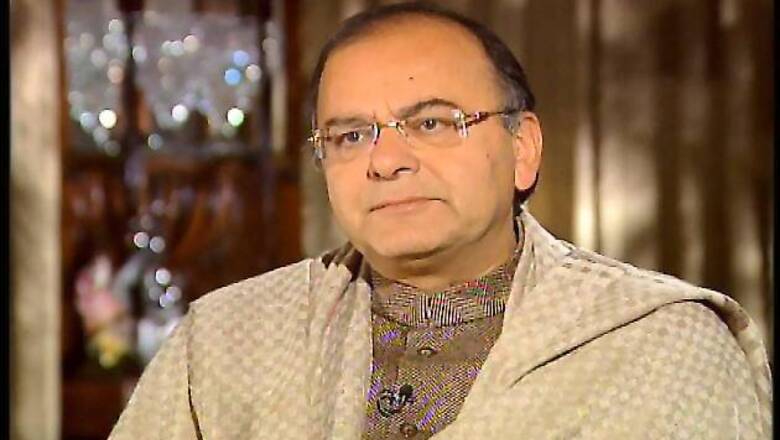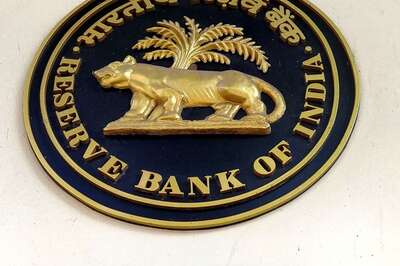
views
New Delhi: In a move that may come as a blow to the mutual fund industry, the government on Thursday proposed to raise long-term capital gains tax on debt-oriented mutual funds to 20 per cent from 10 per cent, to bring parity with banks and other debt instruments.
However in the Budget 2014-15, it has proposed to increase the period of holding in respect of long term debt funds units from 12 months to 36 months.
In the case of debt mutual funds, the capital gains arising on transfer of units held for more than a year is taxed at a concessional rate of 10 per cent, whereas direct investments in banks and other debt instruments attract a higher rate of tax. This allows tax arbitrage opportunity.
This arbitrage has hardly benefited retail investors as their per centage is very small among such mutual fund investors "With a view to remove this tax arbitrage, I propose to increase the rate of tax on long term capital gains from 10 per cent to 20 per cent on transfer of units of such (mutual funds other than equity oriented funds) funds," Union Finance Minister Arun Jaitley said in his Budget speech in Parliament.
These amendments would be effective from April,1 2015 and will accordingly apply, in relation to the assessment year 2015-16 and subsequent assessment years.
Mutual funds pool together money from many investors can invest it on their behalf, in accordance with a stated set of objectives.
According to industry experts, the increase in long term capital gain tax on debt-oriented mutual funds would impact negatively and the incentives available to bring new investors towards such schemes will get compromised when compared to bank deposits.




















Comments
0 comment